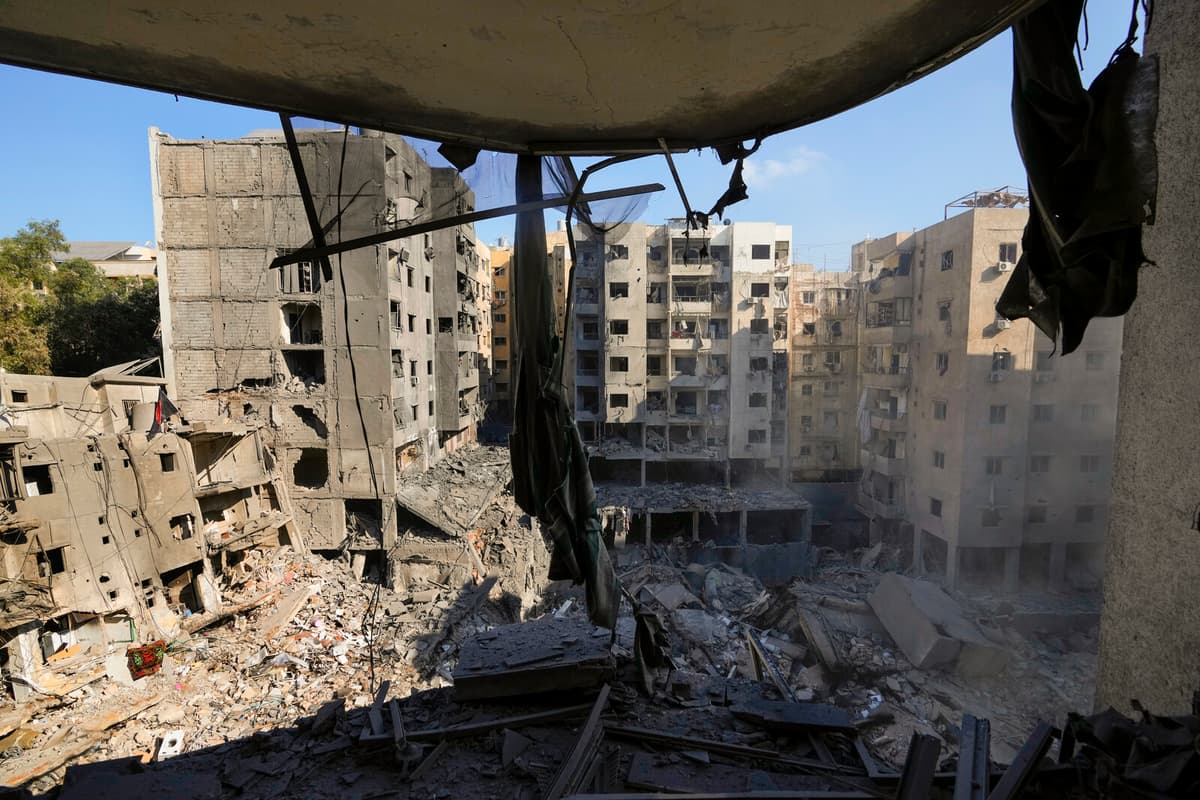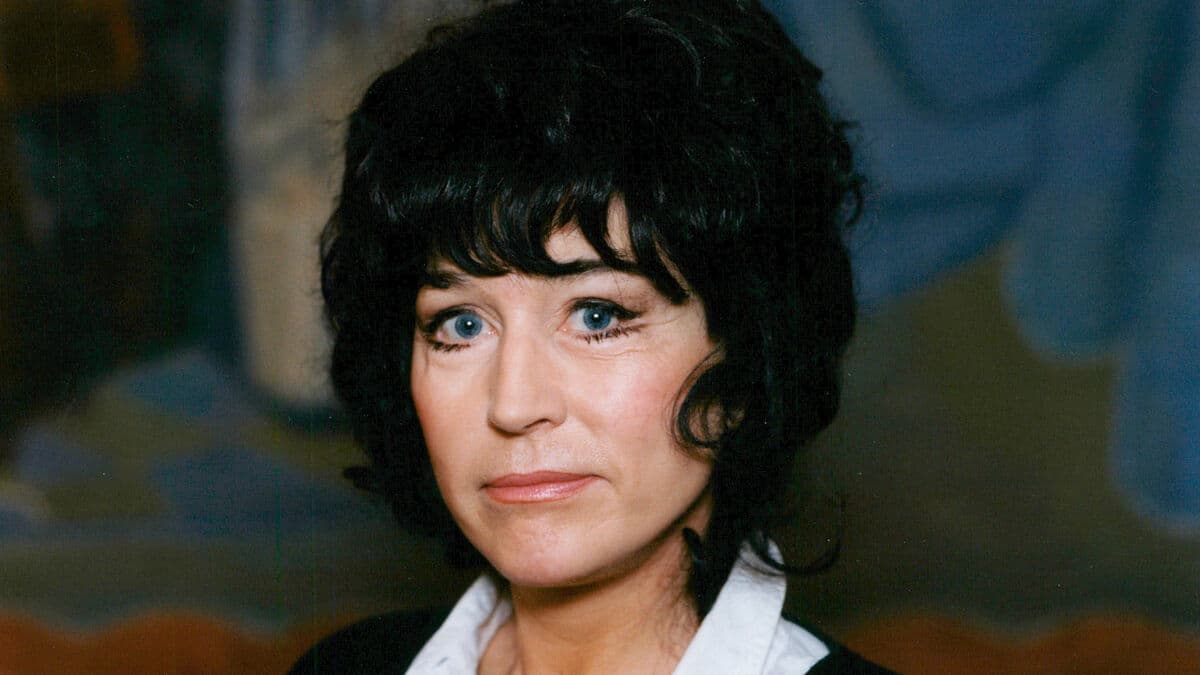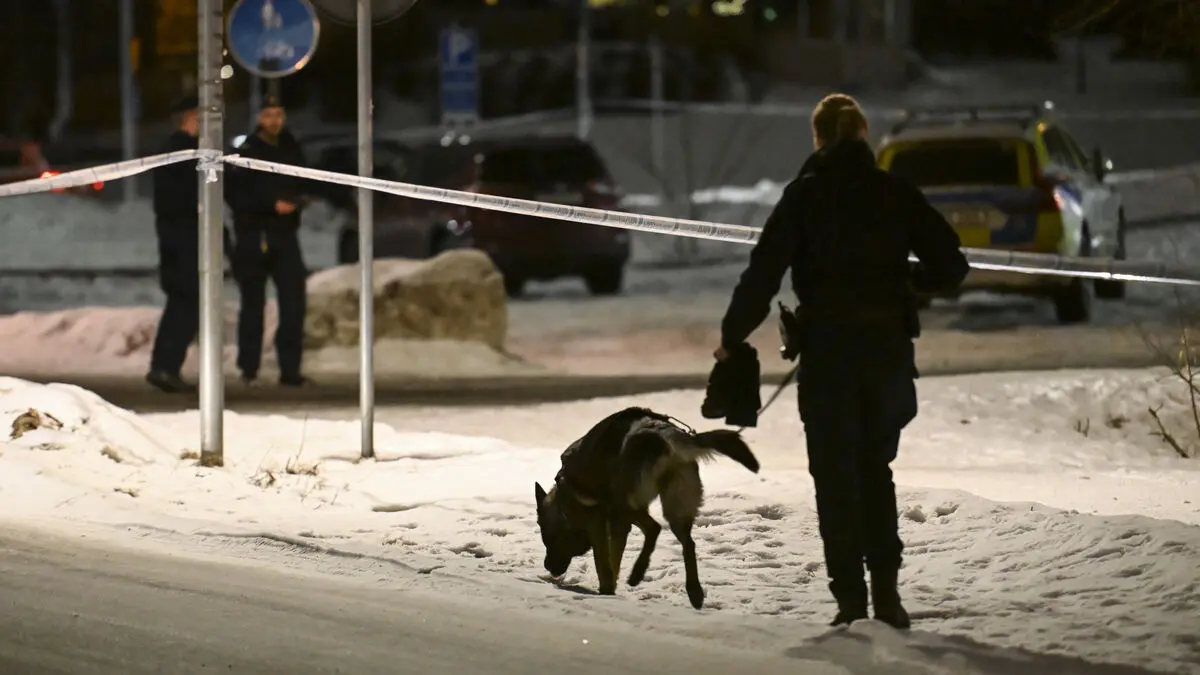Over 30 people were killed and just as many injured in an attack on the village of Ain al-Delb in southern Lebanon.
In eastern Lebanon, reports are also emerging of deadly Israeli attacks on Sunday. More than 30 people are said to have been killed and over 90 injured in Baalbek-Hermel, according to the country's health department.
The suburb of Dahieh in southern Beirut, where Hezbollah leader Hassan Nasrallah was killed on Friday, has also been attacked again on Sunday.
As recently as Saturday, another high-ranking Hezbollah official was killed there, and on Friday, more than 20 other Hezbollah members are said to have been killed in connection with the attack on Nasrallah, according to Israel's military.
The army also reports that the militia's underground headquarters, which was completely destroyed after the bombing, was located under civilian buildings "in the heart of Beirut" – not far from two UN schools.
Continued attacks
According to sources for Reuters, Nasrallah's body was recovered from the site where he was killed on Sunday. The sources tell the news agency that his body was intact and without visible injuries.
Seven senior commanders have been killed in just over a week. At the same time, Lebanon's health department reports that a total of over 1,000 people have been killed in the recent attacks. In two days, 14 rescue workers have been killed, according to the department.
Israel "continues to work to degrade and dismantle Hezbollah's capacity", the military says, listing various targets that were hit during the day: weapons depots, "terror infrastructure" and launch pads.
In the morning, eleven people from the same household were killed in northeastern Lebanon, when the village of al-Ain was bombed. In southern Lebanon, five members of a scout troop are said to have lost their lives in attacks near the village of Tayr Debba.
"Rocket barrage"
Several projectiles are also said to have been fired from Lebanese territory, according to Israel's military. Most were shot down. Hezbollah says a "rocket barrage" was fired at northern Israel.
Lebanon's Prime Minister Najib Mikati says that as many as one million people may have been forced to leave their homes due to the fighting. Environment Minister Nasser Yassin tells AP that an estimated quarter of a million people are in shelters, while three to four times as many people have left their homes and are living with relatives or on the streets.
The UN's World Food Programme (WFP) has sent emergency aid including bread, hot meals and food packages for one million people to the conflict-stricken country.






